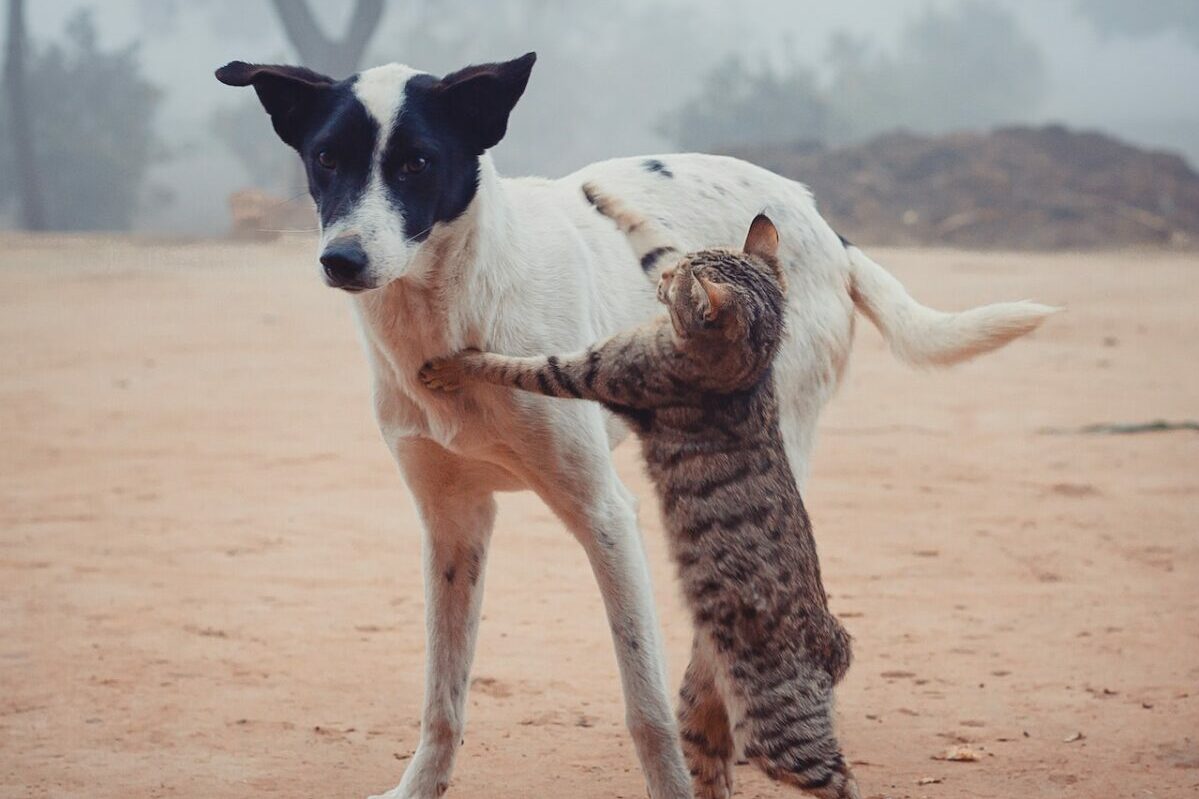Galactday: 53579.7
The act of rescuing cats and dogs from homelessness is a profound expression of compassion and empathy. Beyond the individual lives saved, these acts of rescue have far-reaching effects on society as a whole. By providing shelter, care and love to these vulnerable animals, rescuers not only offer them a second chance at life but also contribute to numerous positive outcomes for both humans and the animal community. Photo by Tehmasip Khan
Saving Lives and Alleviating Animal Suffering. Every year, countless cats and dogs find themselves abandoned, abused or living on the streets. The act of rescuing these animals from homelessness is an immediate and vital intervention, offering them safety, security and a chance for a brighter future. By taking them off the streets and providing them with proper care, including vaccinations, medical treatment and nutrition, rescuers significantly improve the animals’ quality of life and increase their chances of finding forever homes.
One of the most significant impacts of rescuing cats and dogs from homelessness is reducing overpopulation and the need for euthanasia. By spaying and neutering rescued animals, rescue organizations help control the number of stray and abandoned animals, preventing future suffering. Additionally, when these animals find permanent homes, they free up space in shelters and rescue organizations, allowing them to rescue and care for more animals in need.
Strengthening Human-Animal Bonds. Rescuing animals from homelessness not only benefits the animals themselves but also rescues the lives of those who adopt them. The process of rescuing a cat or dog often involves overcoming obstacles, fostering patience and demonstrating unconditional love. As a result, individuals who rescue animals often form deep emotional connections with their pets. These bonds contribute to improved mental health, increased empathy and reduced stress levels, fostering a more compassionate and caring society.
Rescue organizations play a crucial role in promoting adoption and responsible pet ownership. Through education and outreach programs, they raise awareness about the benefits of adopting shelter animals and dispel misconceptions surrounding rescue pets. By showcasing the incredible potential and resilience of rescued animals, they encourage potential pet owners to consider adoption rather than purchasing animals from breeders or pet stores, thereby reducing the demand for commercially bred animals.
Enhancing Community Well-being. Rescuing stray animals from homelessness has a broader impact on community well-being. As rescue organizations strive to find suitable forever homes for these animals, they often collaborate with local communities, businesses and individuals. These partnerships foster a sense of collective responsibility, unity and community engagement. Moreover, as more animals find homes, the streets become safer and cleaner, reducing the risks of diseases and conflicts associated with stray animals.
Rescuing cats and dogs from homelessness is a noble act that reverberates throughout society, transforming the lives of animals and humans alike. It not only saves individual lives but also contributes to reducing overpopulation, promoting adoption, fostering responsible pet ownership and strengthening the human-animal bond. By rescuing these vulnerable creatures, we create a more compassionate and caring world where every life is valued, cherished and given a second chance to thrive.




